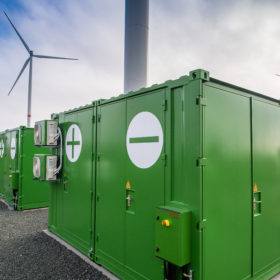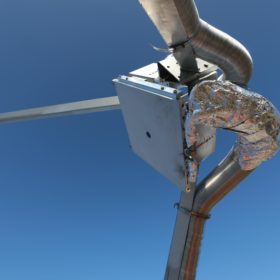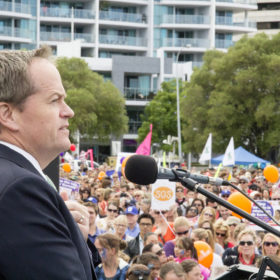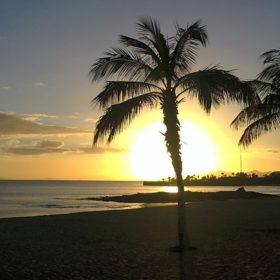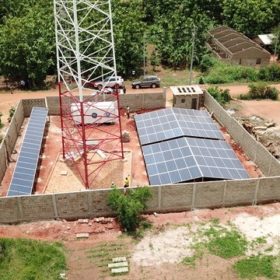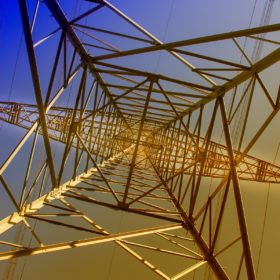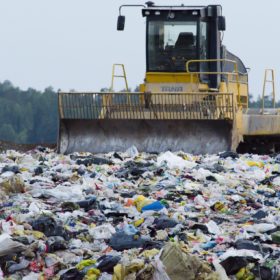Renewables and geopolitics: storage could rip up the current global picture
In the latest of a series of interviews about the geopolitics of renewable energy, Indra Overland, head of the Center for Energy Research at the Norwegian Institute for International Affairs, explains how storage could change the global energy landscape by eliminating entrenched strategic dependencies. The impact of storage, he says, will be stronger in regions dependent on fossil fuels.
Gresham House eyes 182 MW storage portfolio in the UK
The asset manager has seen good returns on the 70 MW it has already acquired. Despite the U.K. government cutting subsidies for renewable energy, the fund manager believes the country will be a high growth market for storage.
Scientists concentrate on efficient hydrogen production
Researchers from the Laboratory of Renewable Energy Science and Engineering at Switzerland’s Ecole Polytechnique Federale de Lausanne have developed a device which they say could “provide a pathway for device scalability aimed towards the large scale deployment of photo-electrochemical hydrogen production”.
Labor plan to aggregate 4,000 schools into virtual power plants in $1 billion solar program
Australia’s federal Labor party has pledged to roll out PV generation and batteries at schools across the nation, and to create VPPs supporting up to 365 MW of capacity.
Tenerife plans 350 MW of solar alongside 1 GWh storage
A new project is in line with the target of the Island Council of Tenerife to cover all electricity demand with renewable energy. The development of electromobility and storage is key to the ambition.
Bboxx presents new micro-grid solution in Togo
The “next-generation” utility has presented a micro-grid at a Togolese village. The concept can be reproduced and power schools, small businesses and homes alike. Even an internet connection is part of the project. Despite the World Bank and other institutions reaching out to provide capital for electricity supply, Germany-based Mobisol GmbH is currently in self-administered insolvency proceedings.
Bringing battery knowhow in house
Back in October 2018, SolarEdge announced its acquisition of Korean battery maker Kokam. Executives from both companies will be featuring as a part of discussions at pv magazine’s Future PV Roundtable during Intersolar 2019 and Lior Handelsman, Founder and VP for marketing and product strategy for SolarEdge spoke to pv magazine about the acquisition and strategy.
Solar offers rare cheer in China Power figures
Despite outperforming rivals in terms of revenue and curtailment levels, solar apparently didn’t do enough to deflect the board away from plans to focus on energy-from-waste.
The prospects for solar after the Indian elections
Narendra Modi’s BJP party is seeking re-election with the aim of ensuring the electrification of all railways by 2022 and turning renewable energy into a popular movement with steps including an emphasis on solar farming. Even if the elections spring a surprise, however, the renewable momentum is unlikely to slow as no government can afford to roll back the clean power tide.
PV waste a rising challenge for Bangladesh
With concerns over the mountains of PV system waste that will one day pile up around the world, Bangladesh is no exception – the nation currently has no solar panel recycling policy.
